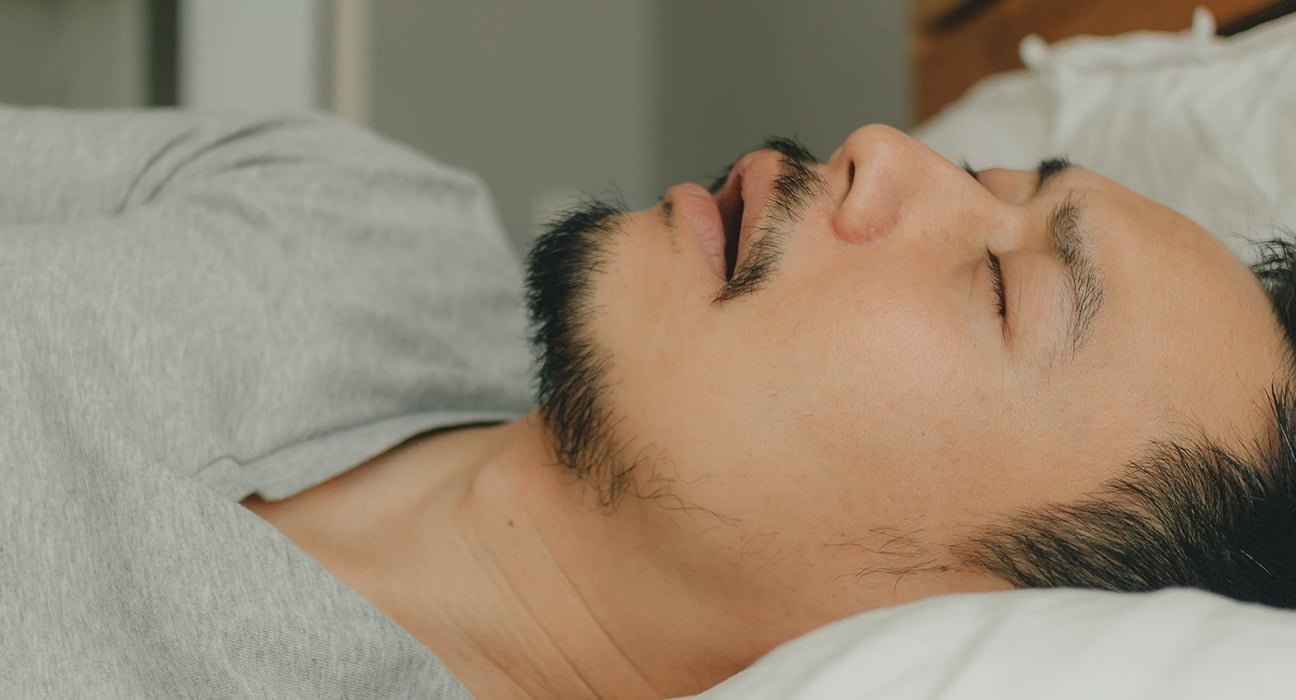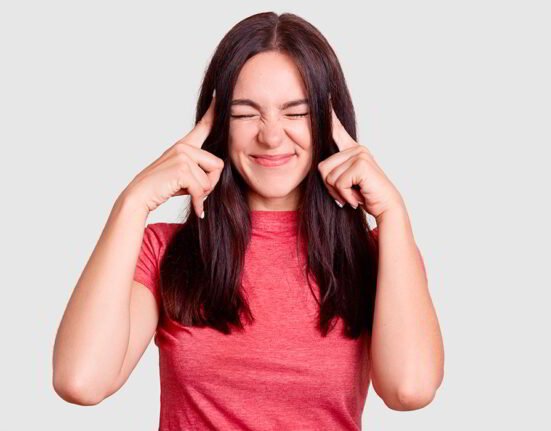Researchers between breathing, memory, and the appearance of specific brain activity patterns have found a connection when an individual sleeps. Researchers at Ludwig-Maximilians-Universitat (LMU) Munchen, the University of Oxford, and the Max Plank Institute for Human Development have studied the impact of sleep on memory. The evidence suggests that respiratory disorders may have an impact on memory. How can sleep help to solidify memories? Researchers at LMU had previously demonstrated in 2021 that there was a clear correlation between the reactivation of memories while you sleep and the emergence of specific sleep-related brain activity patterns.
Read: Psychology of False Memory Syndrome
Nevertheless, it was quite unclear whether these rhythms were controlled by a central pacemaker. To reanalyze the data, the researchers teamed together with experts from the University of Oxford and the Max Planck Institute for Human Development in Berlin. According to their findings, breathing may be a possible pacemaker. The research group leader stated, ‘In other words, breathing influences the formation of memories during sleep”.
Also Read: 6 Science-backed memory tips and techniques
Investigation of the learning process in sleep laboratory
The researchers exhibited 120 photos to 20 study participants over two sessions for their initial investigation. The researchers linked all the images to specific words, after which the subjects slept in the sleep laboratory for about two hours. Upon awakening, they were asked about the associations they had uncovered. They monitored their respiration and brain activity using an EEG throughout the entire learning and sleep duration.
Researchers found that during slow oscillations and sleep spindles (brief phases of heightened brain activity), the sleeping brain automatically reactivates previously learned knowledge. “These sleep-related brain rhythms increasingly synchronize from childhood to adolescence and then decline during aging.”
Also Read: 10 Brain Foods That Improve Memory
Association of breathing and brain activities
As respiration frequency varies with age, the researchers studied the details concerning the recorded breathing and established a link between them: “Our findings demonstrate a connection between breathing and the development of distinctive slow oscillation and spindle patterns” says the researchers’ leader. While previous research has already demonstrated a link between breathing and cognitive function when awake, their findings demonstrate that breathing plays a crucial role in memory consolidation when sleeping.
Also Read: Memory Loss and Its Impact on People
Elderly adults frequently experience respiratory issues, sleep disturbances, and memory loss. Also intends to examine these phenomena more closely to determine whether therapies, such as the utilization of CPAP masks currently treating sleep apnea, make cognitive sense.













Leave feedback about this